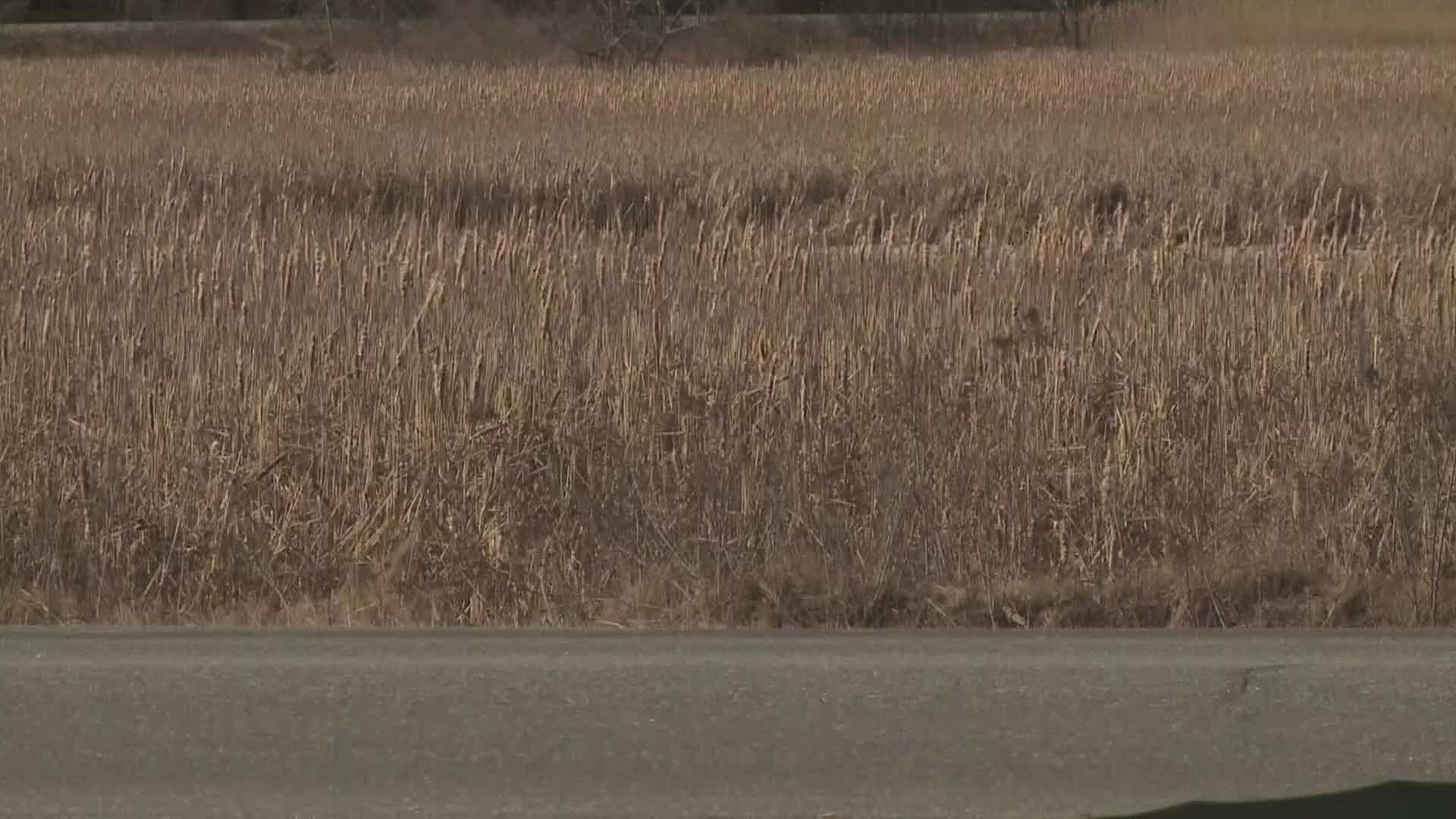WOOLWICH, Maine — It’s a $35 million project, originally planned to replace an aging bridge and some worn-out, undersized culverts.
Climate change has made it bigger.
The project on busy Route 1 in Woolwich now includes raising the level of the road by five feet or more to fend off the threat from rising sea levels.
The Maine Department of Transportation is focusing more of its work on projects like this one, according to Maine DOT chief engineer Joyce Taylor, as they seek to make Maine’s road system more resilient in an effort to combat the expected impacts of a changing climate.
“We’re trying to identify the areas already flooding and using those areas to concentrate on,” Taylor said.
She listed off several coastal areas also facing flooding risks, including the “dike” and bridge where Route 1 crosses a tidal inlet in Machias, and a section of the same road more than 200 miles to the south that cuts through the Scarborough Marsh. Both, she said, need to be built higher.
“A lot of people will have their ideas on what should happen,” said Taylor, referring to the Scarborough project in particular.
“And at the end of the day, it will take a lot of money,” she added.
There is also plenty of work ahead on other roads because of the increased risks of sudden, heavy rains that overwhelm culverts and small bridges, too often washing the roads away. It happed in several spots in Hancock County last summer and again in October in the Camden area. Large and costly repairs were needed in each case, and some roads were closed for days.
Taylor said similar storm events seem to be happening more frequently in many parts of Maine, forcing the Maine DOT to shift its repair strategy.
“We changed culvert sizing, pretty much going to bigger culverts everywhere to accommodate extra microbursts," she said. "We are seeing (extra) big rainstorms with all that water.”
Taylor said they are also looking at more situations where bridges may replace culverts to allow more water to flow through. That’s part of the Woolwich project, where two culverts that allow the tide to flow in and out of a salt marsh are being replaced with a full bridge.
She said there are still some cases where area residents oppose some of the plans and don’t agree with the projected climate change impact.
“And what I answer back is, we’re the Department of Transportation," said Taylor. "We aren’t known for being one of the most liberal agencies, and when we say it's one of our number one risks to transportation, take it seriously.”

